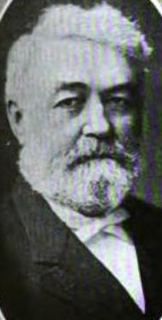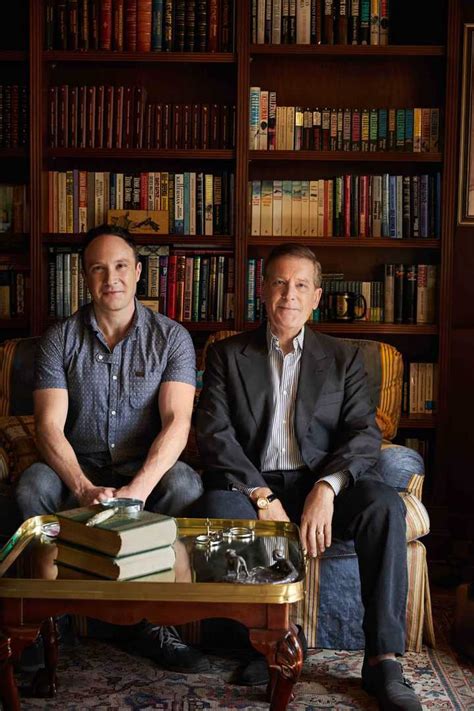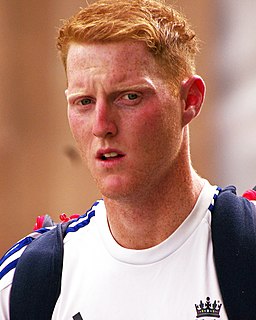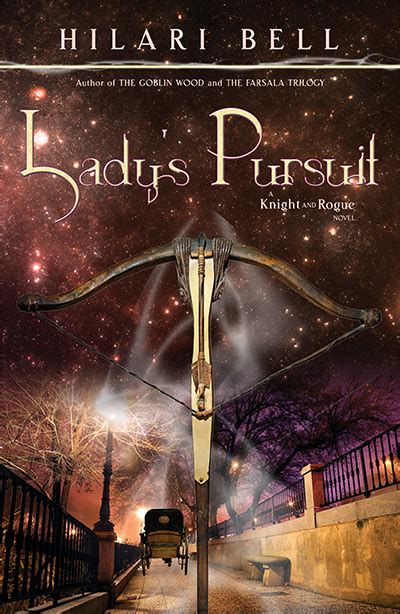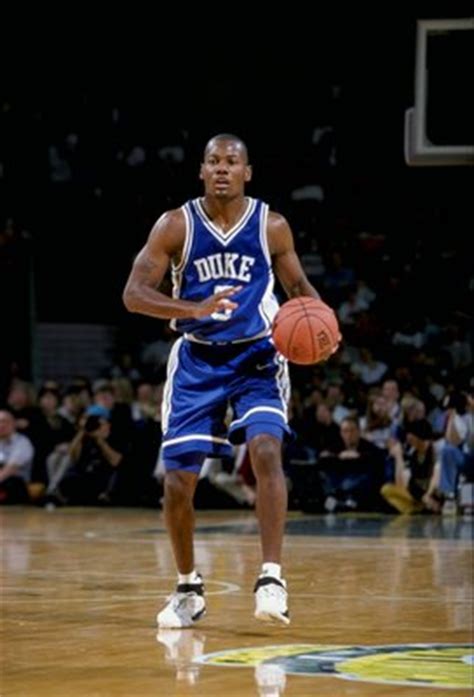A Quote by Jodi Picoult
We are all, I suppose, beholden to our parents - the question is, how much?
Related Quotes
I'm not beholden to the public, and neither are the public beholden to me or my songs. I'm very much of a populist on those terms, I believe that the song is no longer mine anyway. I like to process the dispossession that happens when you play something live. I don't have a clue as to how these songs are going to plan out, whether they're going to be on a record. I don't know yet.
Good description is a learned skill, one of the prime reasons why you cannot succeed unless you read a lot and write a lot. It’s not just a question of how-to, you see; it’s also a question of how much to. Reading will help you answer how much, and only reams of writing will help you with the how. You can learn only by doing.

